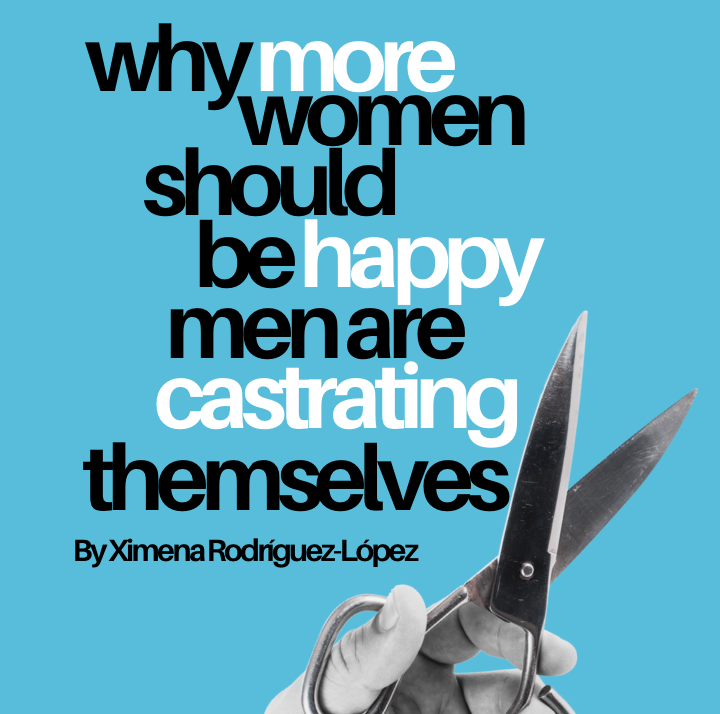Unsafe For U.K. Women To Walk Streets
Women in the UK Feel Increasingly Unsafe on the Streets Amid Rising Concerns
By Sharnellia Bennett-Smith
London, U.K. - A growing number of women in the UK feel unsafe walking home at night, particularly during the winter months when daylight is limited. Recent research shows that nearly half of women in the country express fear for their safety on the streets, with over a third admitting to altering their routes or taking additional precautions to avoid potential threats. The data highlights the pressing need for improved street safety measures, better law enforcement, and increased employer involvement in ensuring the well-being of female employees who commute during darker hours.
The issue is not just about poorly lit streets or a lack of police presence. The broader cultural landscape is shifting, and not all influences promote respect for women’s autonomy and security. Not all cultures share the same views on gender equality. When men who have been conditioned to believe that women are inferior migrate to a country where women are liberated, they often impose their previous beliefs onto these women. This is becoming increasingly evident in parts of the UK, where the influx of migrants from regions with deeply patriarchal traditions has led to a rise in harassment and violent crimes against women.
Reports from various cities indicate a pattern in which specific areas have become unsafe due to the presence of groups of men who hold regressive attitudes toward women. In parts of Europe, including the UK, Germany, and Sweden, there has been a noticeable increase in attacks on women, with many cases linked to individuals from communities where misogyny is deeply embedded in cultural and religious traditions. This is particularly concerning in cities with high numbers of migrants from Muslim-majority countries, where some interpretations of religious teachings reinforce the belief that women should be submissive or are unworthy of the same rights as men.
In the UK, incidents of street harassment, assault, and even rape have increased in areas with significant populations of men who view Western women as less deserving of respect. This phenomenon is not isolated. Countries across Europe have documented similar patterns, leading to debates on immigration policies, integration efforts, and the consequences of failing to address cultural clashes. Policymakers and law enforcement agencies have been reluctant to openly discuss the issue, fearing accusations of discrimination, but the reality is undeniable. Women are paying the price for political hesitation and cultural sensitivities that overlook their fundamental right to safety.
Employers are now being urged to take a more active role in protecting their female workforce. Advocates are calling for companies to offer safer commuting options, such as transportation services for women who work late hours, as well as lobbying for stronger legal protections. Meanwhile, the government faces mounting pressure to enforce stricter laws on street harassment, ensure proper policing in high-risk areas, and address the deeper cultural issues contributing to the rise in violence against women.


Brooklyn, NY - Many Black women still hesitate to identify with feminism — not because feminism "doesn't speak to them," but because the label has been tarnished through decades of community shaming, media misrepresentation, and the sidelining of Black women's voices within mainstream feminist spaces.